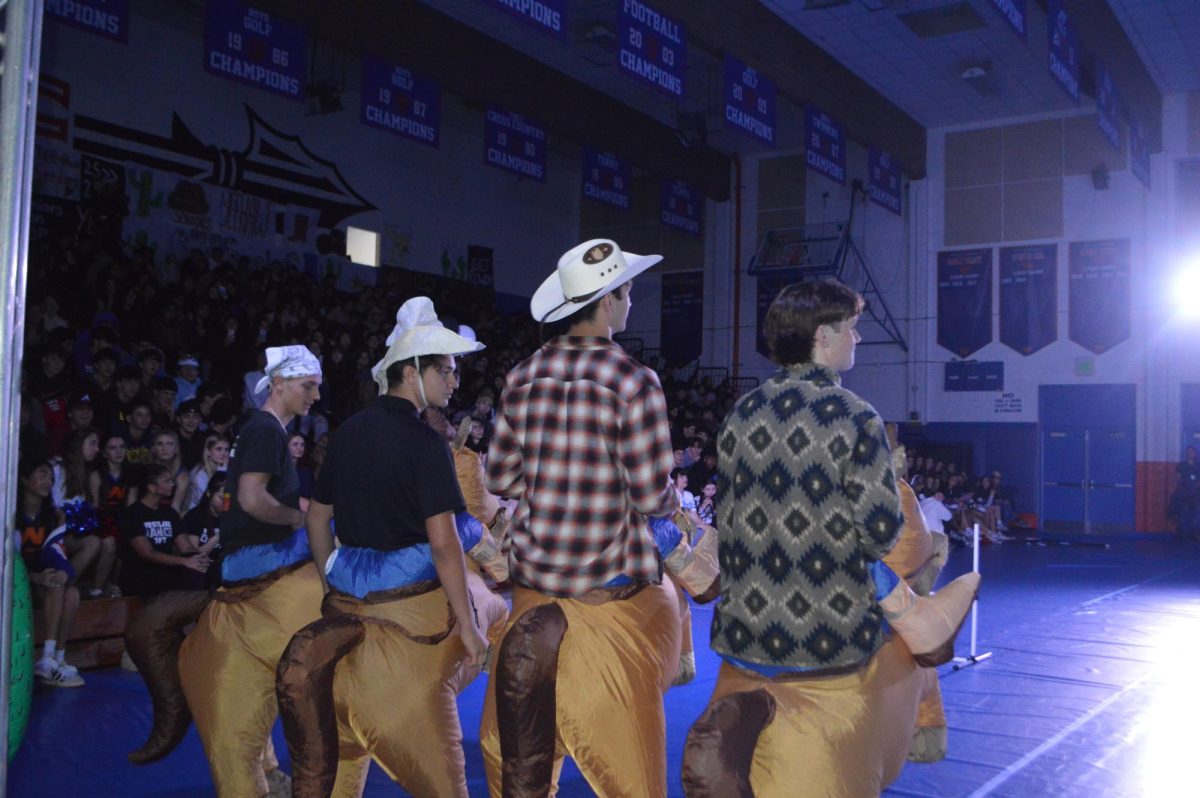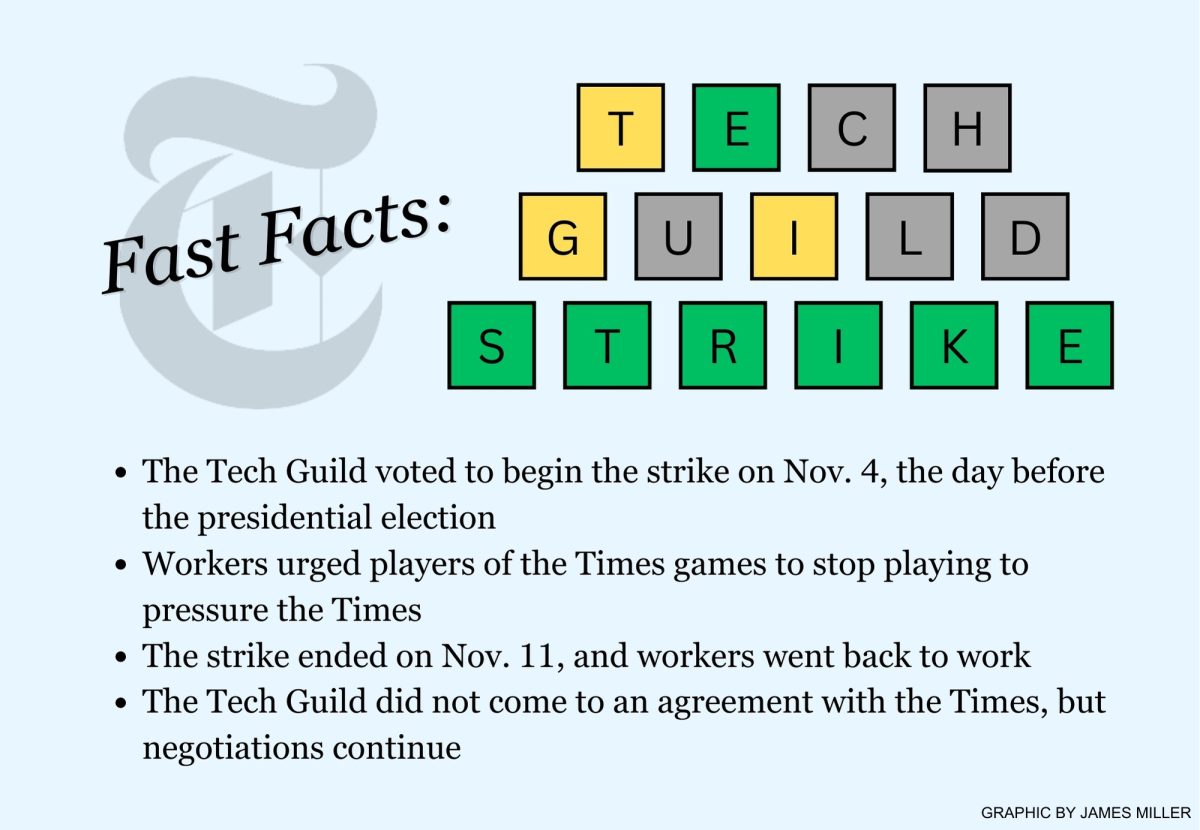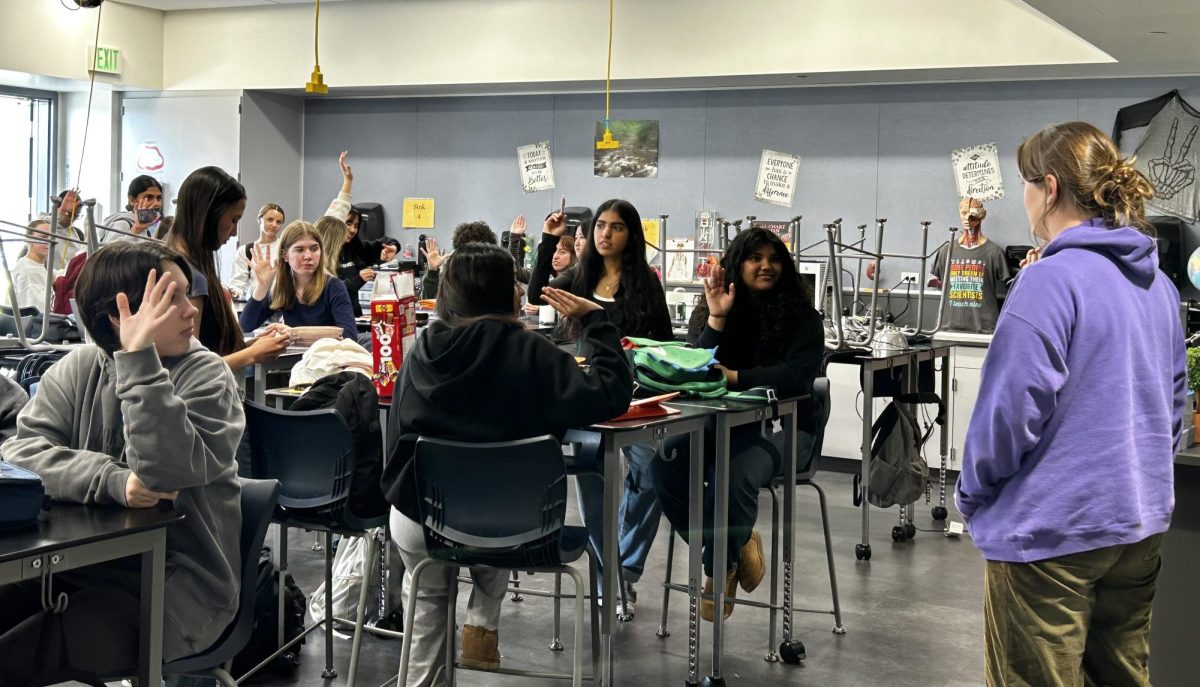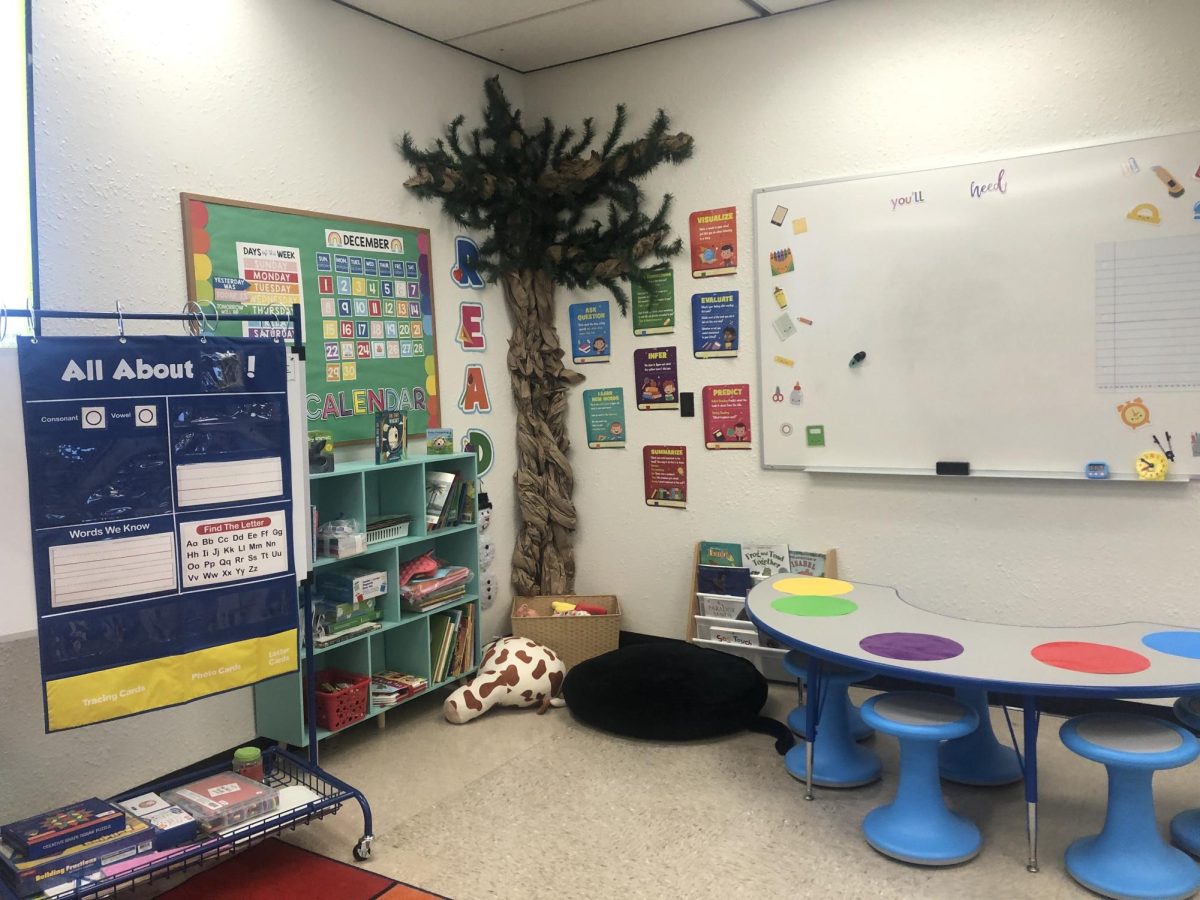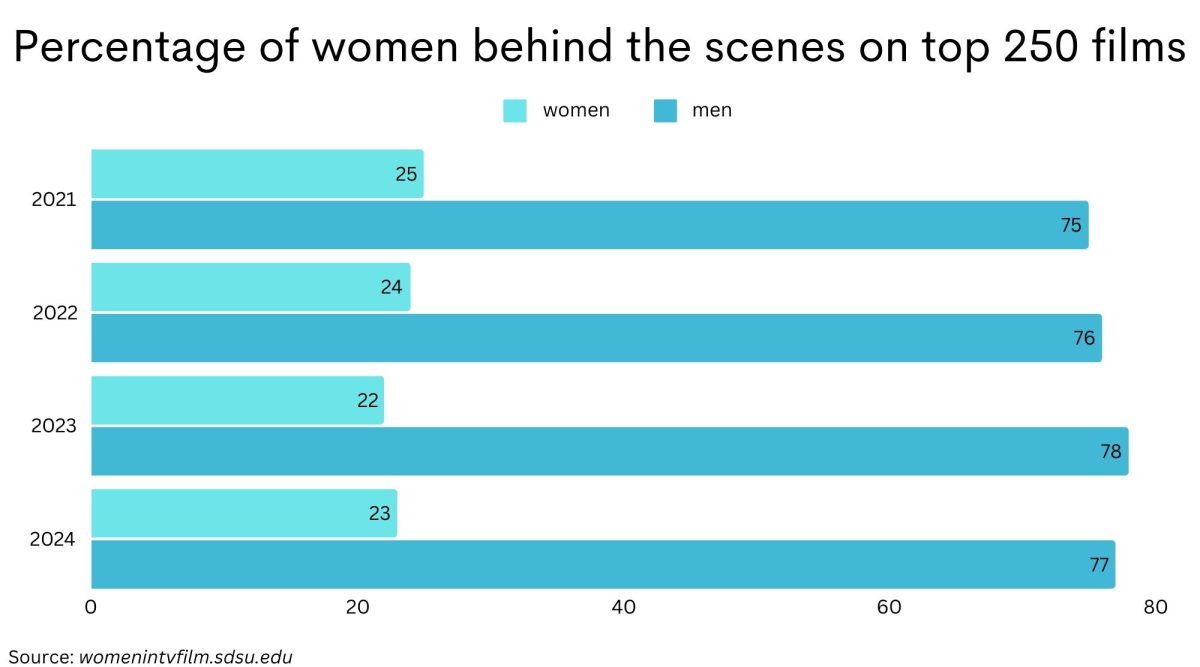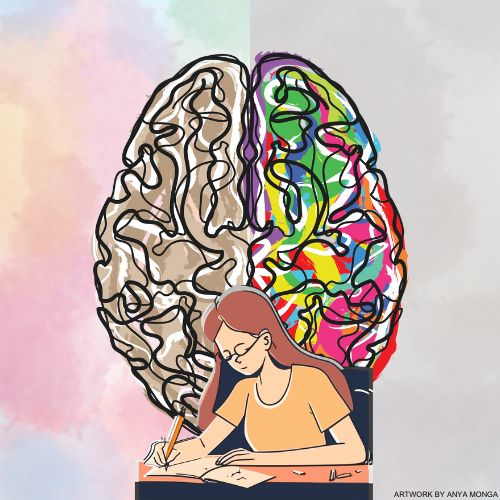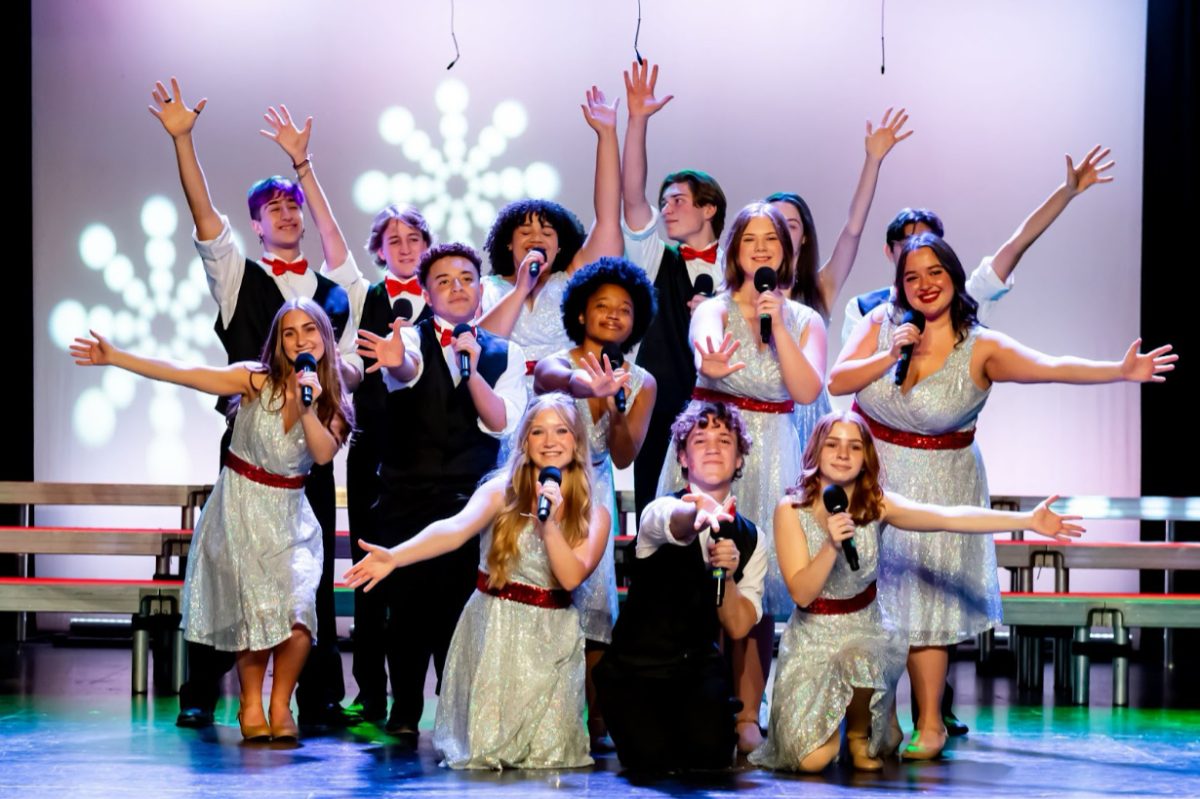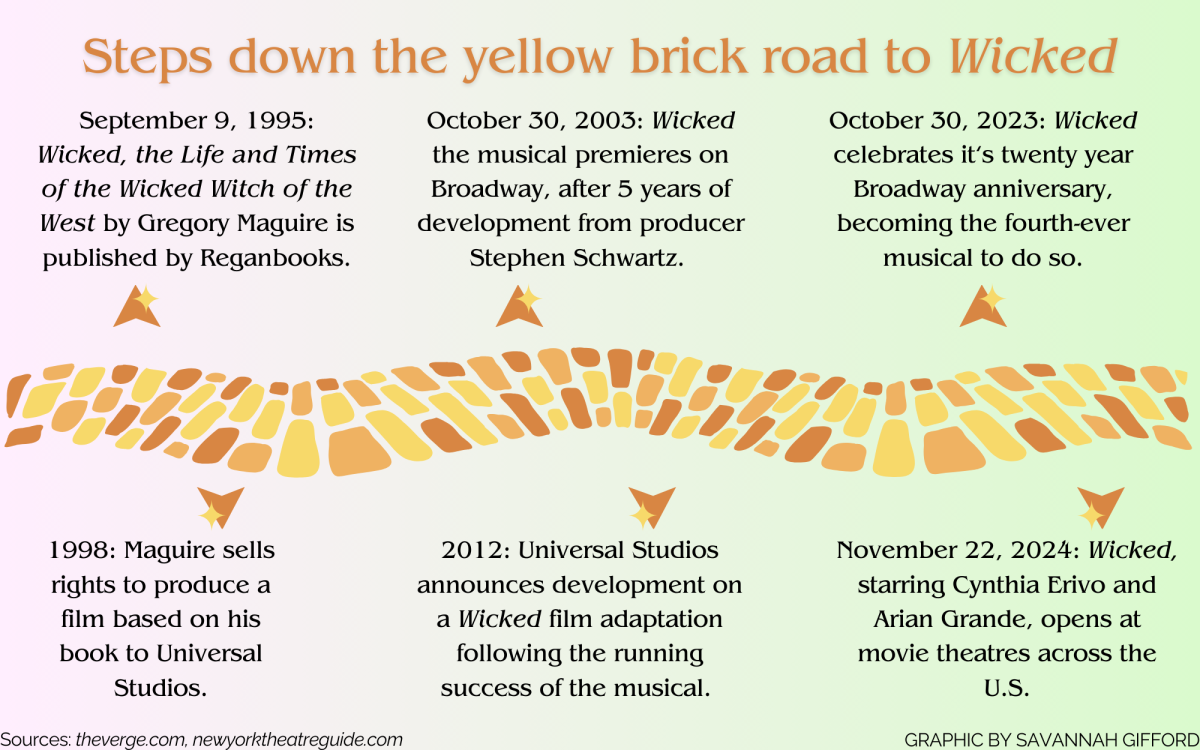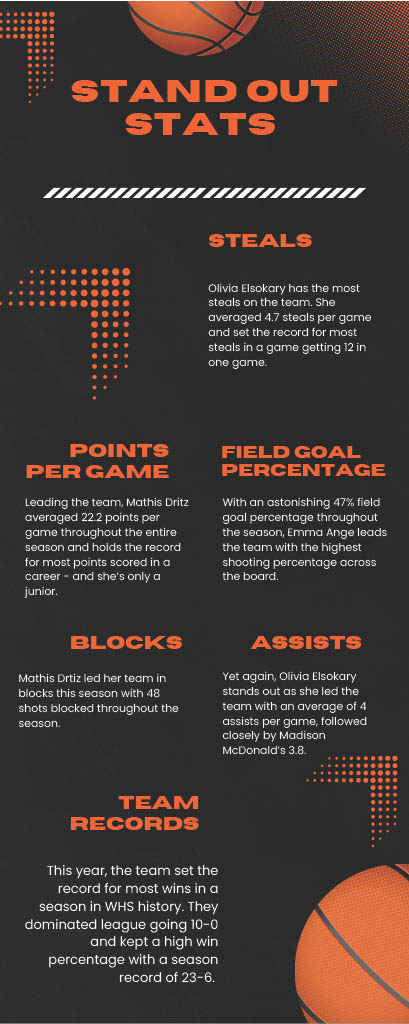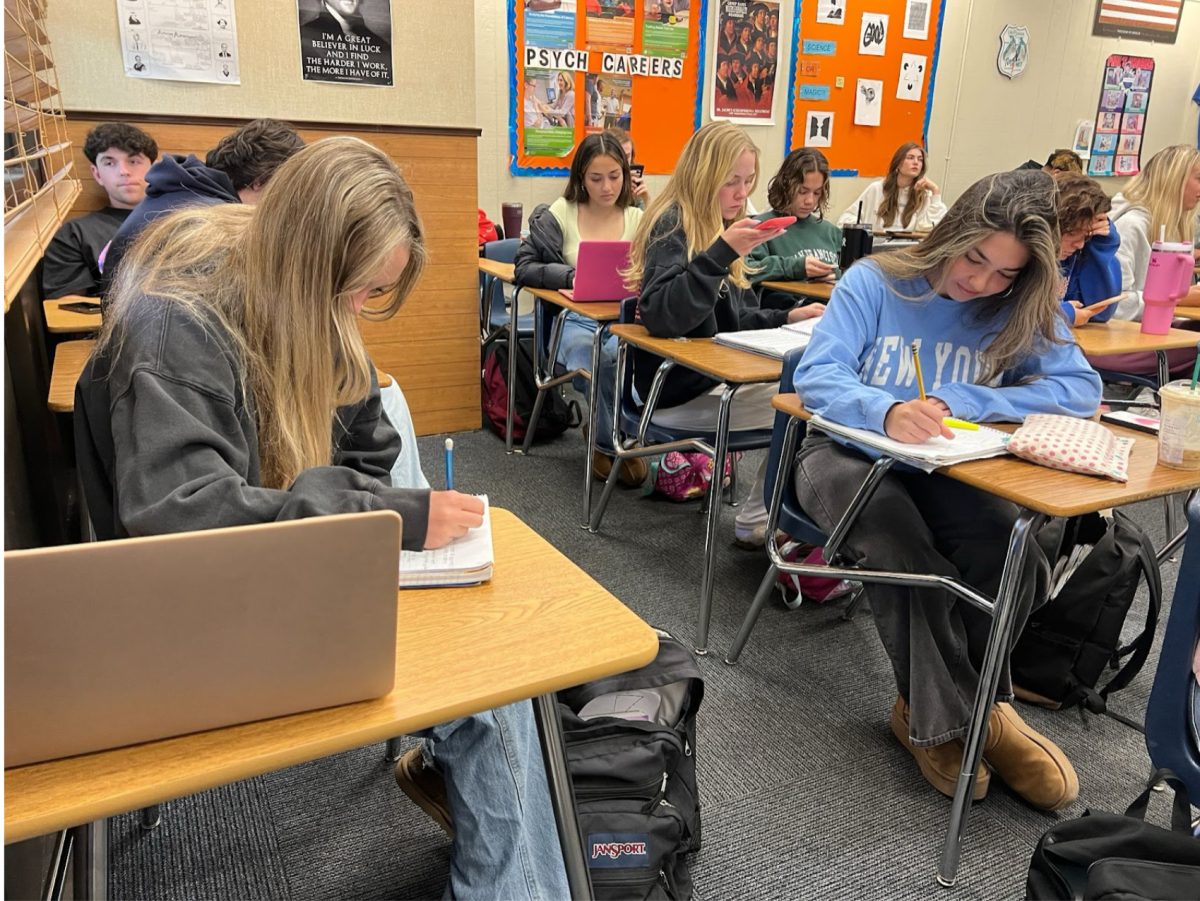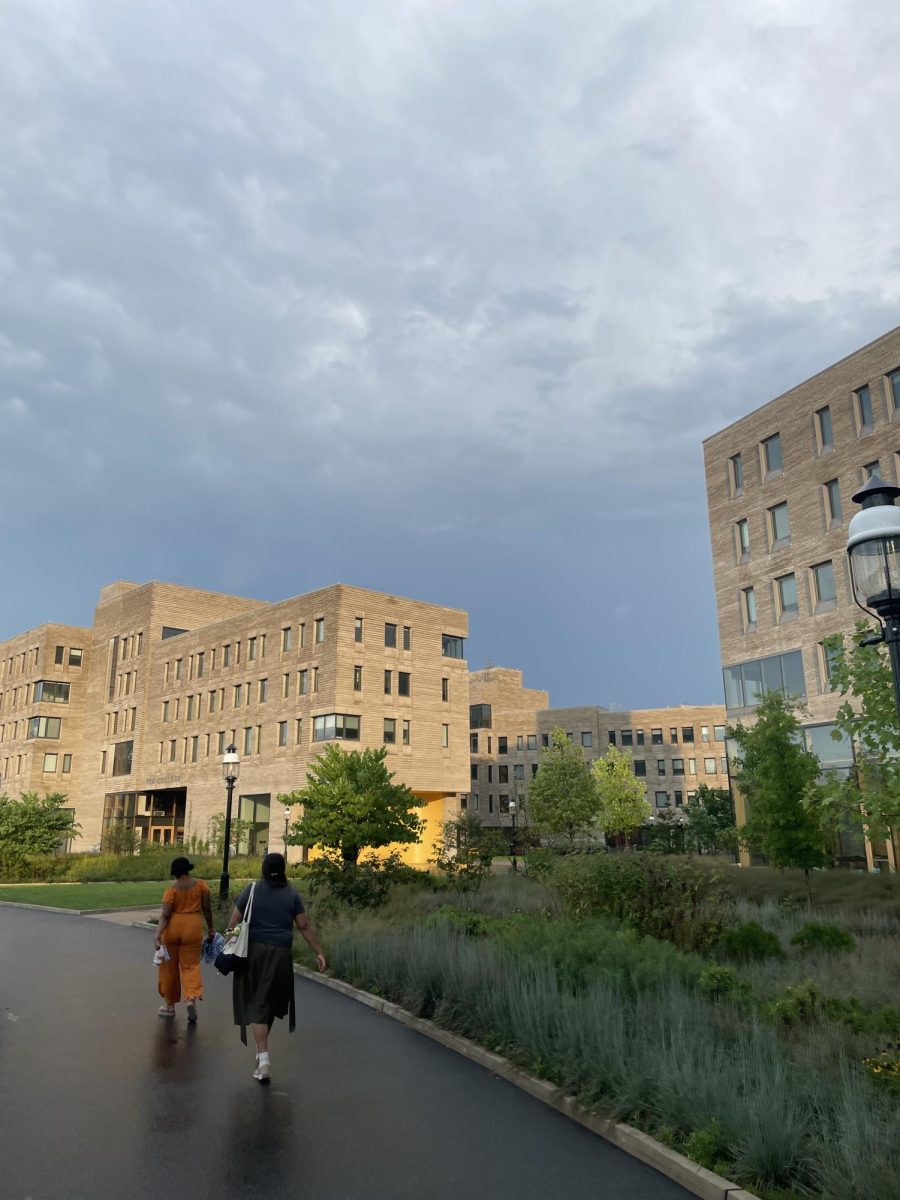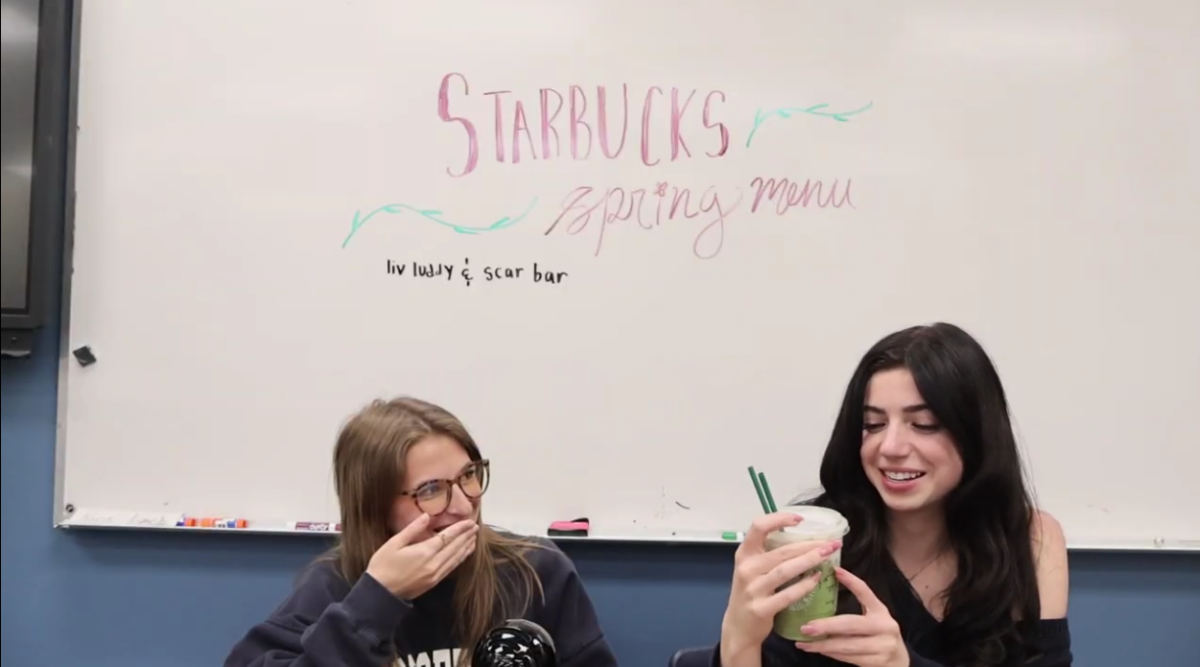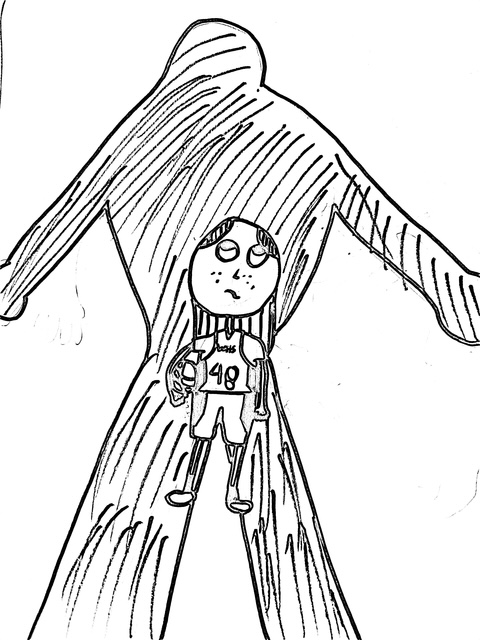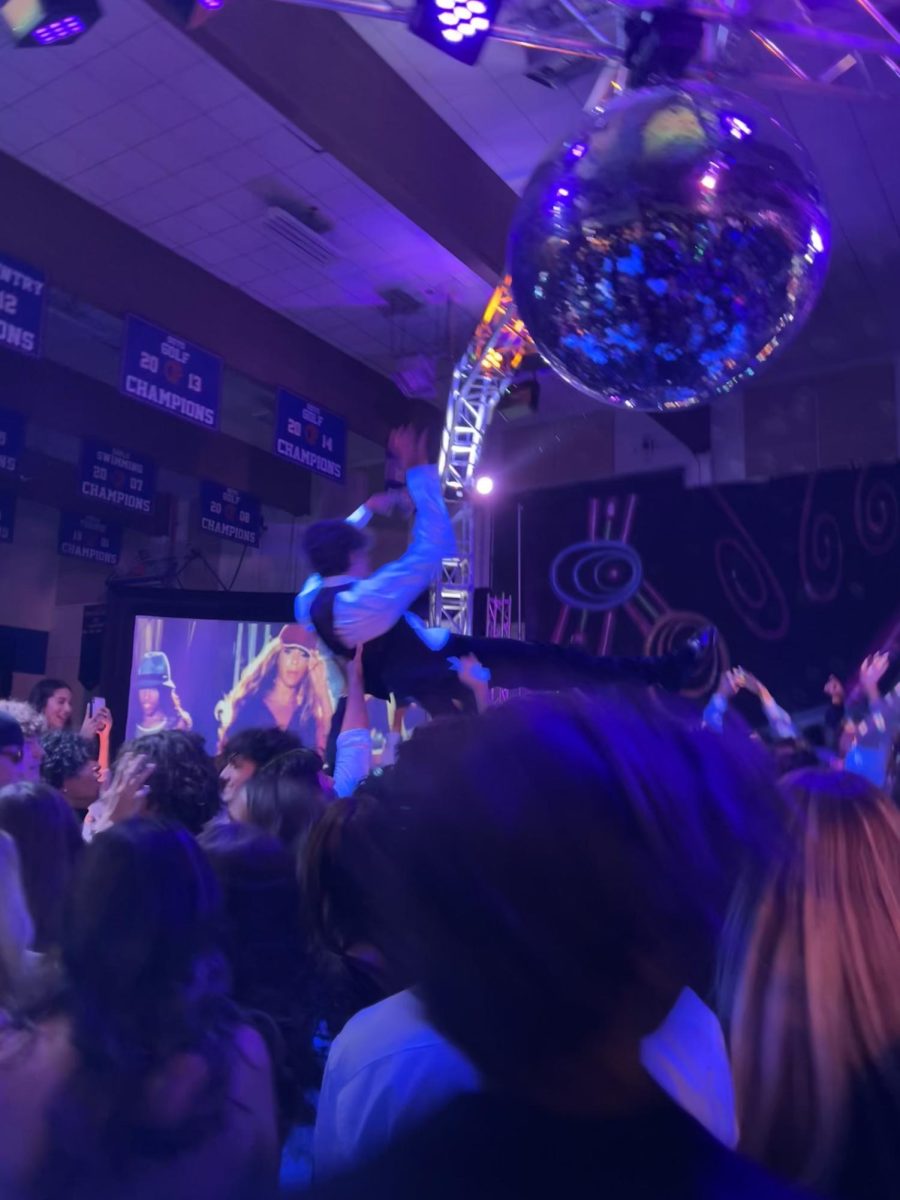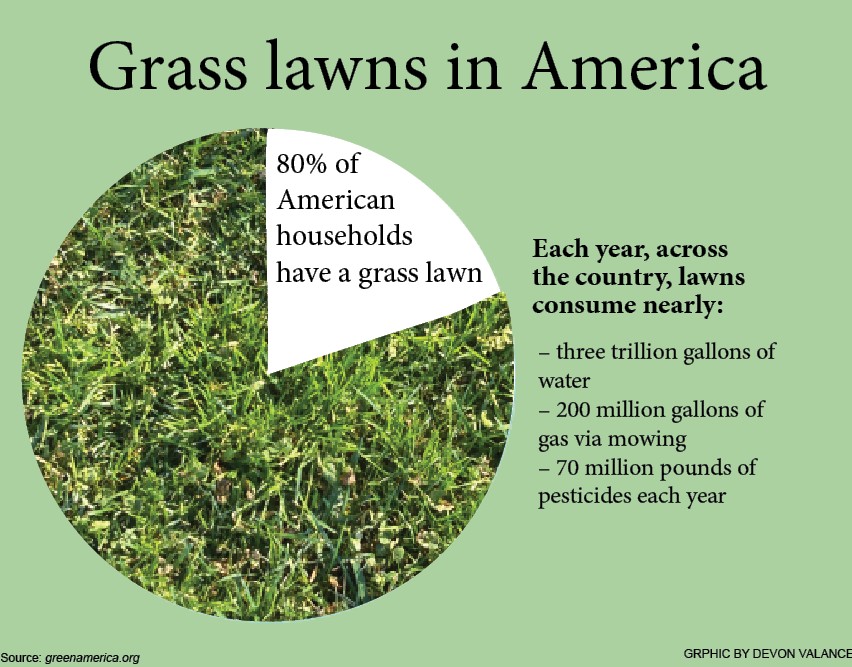It’s not a foreign feeling to most teens when a pit in their stomach becomes painfully noticeable while walking past ex–friends amongst nameless faces. The uncomfortable sensation keeps bubbling as everyone else talks happily of their “perfect” lives, but they can’t figure out what amongst others’ chatter and their own incessant thoughts is making them feel so horrible.
Guilt, regret and fear of missing out plague high schoolers day in and day out; adolescents are surrounded by various individuals on different paths of life who seem to be the perfect basis for comparison. As their sense of self remains fragile and growing, it can be difficult for teens to navigate their academic lives while managing such feelings. Thus, schools must work harder to address these specific emotions when discussing and working with student mental health.
“Guilt is feeling self–conscious and experiencing a sense of distress about your potential responsibility for a negative outcome,” according to psychcentral.com. “Like all self–conscious emotions, guilt originates from a process of self–evaluation and introspection and may involve your perception of how others value you.”
From messing up a group project to hurting a friend’s feelings, plenty of social situations in school cause that self-conscious distress. When people feel like they’ve broken a social norm or done anything to upset another, they often reflect inward with a sense of resentment. This sort of resentment worsens teens’ mental health, contributing to a crisis that’s been growing in severity since the pandemic.
Guilt not only eats away at an individual from the inside, but it also destroys relationships and leads to isolation. Teens who felt more guilt were more prone to peer victimization and loneliness as seen in a 2023 study of 671 Spanish students, according to pmc.ncbi.nlm.nih.gov.
The teen brain is sensitive, and a 2019 study of 565 college students found that 75% of teens struggle with fear of missing out, according to new.web.baylor.edu. Schools can also perpetuate feelings of regret and “FOMO.” The idolization of “model students” who take advantage of every extracurricular activity while also maintaining high grades pressures everyone to live up to such standards.
However, there’s only so much time in a day, and when they have to let go of some commitment, they feel a sense of regret. The fear of missing something that could have shaped their lives to be more productive, even at the cost of their health, eats away at individuals. FOMO causes teens to act out of the ordinary and change their personalities to become someone who’s “worthy” of being included. It also causes them to overlook the joys they have for what is chalked up to be “the good life.”
Social media further perpetuates these feelings as kids have unlimited access to carefully curated, picture–perfect social and academic profiles. Despite different goals, teens will still compare their lives to someone who wants to do something completely opposite to them in life. For instance, a teen who wants to study biology in college may look at a dancer’s Instagram post full of smiles and may suddenly feel a sense of loss for never trying out dance.
The issue comes with the fact that at such a young age, teens are burdened with such heavy emotions. Sixteen–year–olds are left wondering whether they’ll ever succeed in their lives or whether that one decision they made will lead them to pursue a life of unfulfillment.
Sometimes, schools make students work against each other rather than with each other, so kids can be the best and succeed in their futures. Teens are forced to push and shove their way to the top — like applying to a friend’s dream school in secret — which can mean hurting others in the process. Even when students earn the valedictorian title or get signed to a D–1 school, they feel discomfort because of the people they left behind. It’s a lose–lose situation.
As much as students must learn to manage and curb feelings of loss, regret and guilt, schools should also encourage peer support rather than peer pressure. Of course, feelings of regret and guilt are inevitable, and it can be good for students to learn how to respond to them at a young age. To assist this, society should make changes to avoid inundating kids with an excess of such feelings.
Many schools already implement social–emotional learning and have counseling services. However, oftentimes, these services are difficult to access because of the disproportionate amount of students compared to counselors. Furthermore, many students and staff brush off these services as illegitimate. Additionally, if these support systems were to create more guilt and FOMO specific solutions, like group counseling, those feelings could be mitigated further.
Higher education systems must also acknowledge that their growing competitiveness is truly harming students. Every child is an individual, and encouraging them to rank themselves against others who often share no similarities to them is nonsensical, like comparing apples to oranges. Students must also recognize that comparison will bring them no closer to success and realize that prioritizing personal growth is the best way to achieve their goals and happiness.

